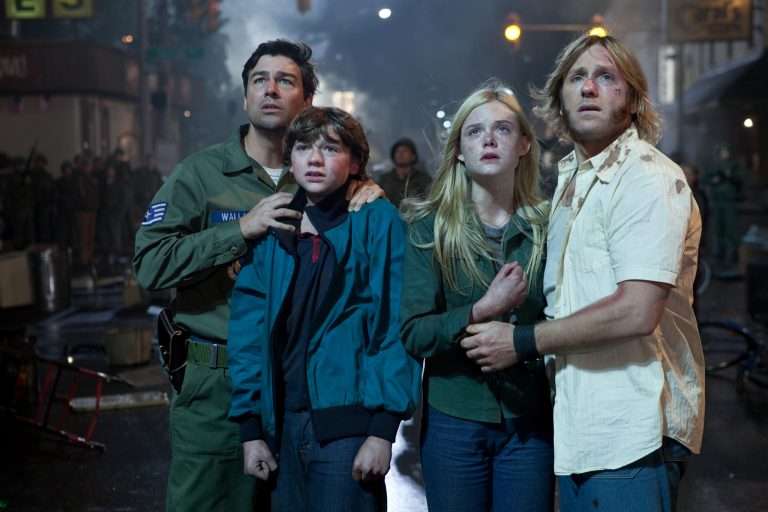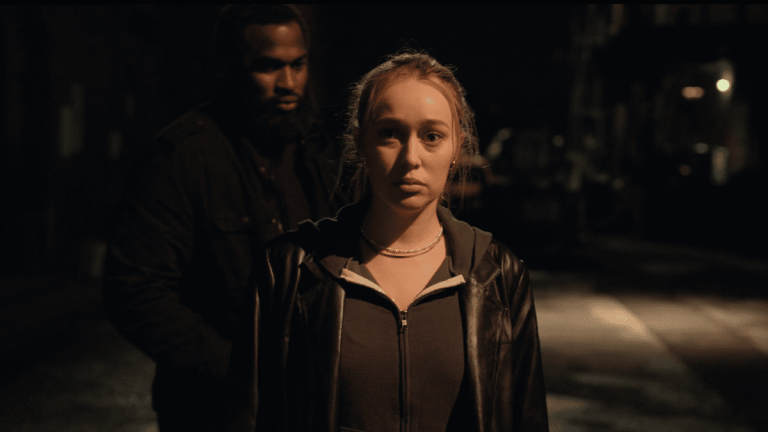There’s an innocence to Tamil filmmaker Manikandan’s central characters which one can criticize verges on naiveté. Their encounter with the larger world is limited. With the exception of ‘Kuttrame Thandanai’ (Crime is Punishment, 2016), Manikandan’s three other feature films, including the recent Kadaisi Vivasayi (The Last Farmer, 2022), are light-hearted satires about innocent souls stumbling upon the complicated and hostile manners of the modern world. In ‘Kaaka Muttai’ (Crow’s Egg) through the underprivileged kids’ quest to taste a pizza, Manikandan reflects upon the ever-widening inequalities in the globalized world. Vijay Sethupathi plays an educated but debt-ridden commoner in ‘Aandavan Kattalai’ (God’s Order), whose compulsion to emigrate and work in a foreign nation and the fear related to it, takes him through a dizzying maze of lies. In ‘Kuttrame Thandanai’, the protagonist is not innocent. Yet the man’s vision is literally limited (he suffers from ‘Retinitis pigmentosa’ aka tunnel vision).
Now in Kadaisi Vivasayi, Manikandan tells the tale of a self-sufficient octogenarian farmer named Maayandi (Nallandi – in his first & last film). Man is not only rooted in his land and lives in harmony with nature but also has no need for many of the modern conveniences. The kaaka muttai brothers gradually come to understand the identity that’s imposed upon them by the modern world. Maayandi is rather confused and heartbroken over the system that pointlessly incarcerates him. However, unlike the kids in Kaaka Muttai, the old innocent farmer doesn’t exhibit much curiosity about the outside world. He is rooted in his land and simply wants to return to his peaceful abode.
Related to Kadaisi Vivasayi: Aakashavaani (2021) SonyLiv Review: Highly Relatable and Unique Folk Story
Perhaps, the one thing that connects all Manikandan’s works lies in the belief that truth is simple and is often in front of your eyes; or that life is simple and within our grasp. The filmmaker probably says that all these complexities we deal with are the result of our detachment from the simple truths and simple living. I am sure there are ample criticisms of Manikandan’s social commentary and portrayals, and some of it I find valid. But within the light-hearted satirical territory, the filmmaker works, and considering how distinctly nuanced his perspectives are (at least within the realm of Tamil cinema), Kadaisi Vivasayi is both engaging as well as comforting.
The biggest strength of the film is how Manikandan builds his narrative organically, taking his time to silently study Maayandi’s simple life. In observing the villagers (mostly played by non-actors), their spiritual beliefs, rituals, and minor conflicts it comes close to being an ethnographic study than a dramatic narrative. And we gradually immerse ourselves in the laid-back rural atmosphere.
When Maayandi returns back from his field with the cows, the camera waits and observes a large tree caressed by the warm breeze. Even later when the major narrative conflict is set in motion, Manikandan doesn’t shake away his observational mode, and in the process avoids lot of familiar dramatic developments. Moreover, Mr. Nallandi who plays the village’s last farmer never feels like highlighting his emotions, unlike a professional actor. It makes the character so real and grounded that it haunts us when he is taken away from his natural atmosphere.
Manikandan also seems to say that faith and spirituality offers answers to humankind’s myriad existential quandaries. This is once again so organically woven into the narrative that it comes across as the indisputable truth for the old farmer. In fact, as it’s said earlier in the narrative, a god is simply a man who has overcome his desires and doubts. The village temple festival isn’t about worshiping any institutionalized Hindu god, but it’s all about paying respects to ‘Kulasaami’ (ancestral god).
Also Read: The Tale of Iya [2013] Review – A World of Natural Wonder Tinged with Mystery and Magic
While the character of Vijay Sethupathi who plays the nomadic and mentally disturbed Ramaiyah seems extraneous on the surface, Manikandan uses it to strongly emphasize his theme of spirituality. Ramaiyah’s is an arc of a man who gradually becomes a god or a god’s messenger (a peacock?). I know it sounds far-fetched when putting it in words, but the filmmaker beautifully connects the arc of Maayandi and Ramaiyah, which somehow says that they are just different sides of the same coin. Their life could become part of the village lore as one stays grounded, whereas the other has ‘flown away’.
Manikandan doesn’t entirely dismiss the caste-based conflicts related to village festivals or worshiping ancestral gods, but he does resolve it easily. Furthermore, it’s a noteworthy inversion of perspectives. I mean in Kaaka Muttai, Manikandan shows how the larger, corrupt capitalist world exploits the kids’ plight for its own purpose. However, in Kadaisi Vivasayi, the majority of ‘innocent’ villagers don’t exhibit caste bias and hence the tension is easily brushed off. Of course, this is a minor subplot. And maybe there’s a flaw in such comparisons or my perspective is tinged with a bit of cynicism. Yet there’s not much ambiguity in the narrative to misinterpret Manikandan’s intention.
There’s something incredible about Kadaisi Vivasayi when it focuses on the farmer’s self-sufficiency as well as his struggles, but my feelings are mixed when the filmmaker intrudes (though subtly) upon the narrative terrain to offer his social commentary. Sometimes it is delightful, for instance, Maayandi’s witty remarks about the hybrid seeds. Sometimes it makes us pause and think, for instance, the director’s take on the MGNREGA scheme or the aforementioned traditionalist take on caste-based tensions.
I liked how Manikandan looks at the dying things like old-school farming or pottery without lamentation. It makes us sad that agriculture, which is important to the survival of humanity, is gradually perishing in the hands of corporate greed and due to real-estate mafia. But Manikandan isn’t forcing that emotion out of us. He shows how things are, and through Mayaandi’s eyes how things could be. The filmmaker also cleverly subverts audience expectations when the major conflict unfolds. His sense of humor even in adverse situations is very lifelike. When the kadaisi vivasayi of the village is imprisoned on a false charge we naturally expect the police to be the bad guys. The inspector does commit an atrocious act. But Manikandan is interested in showing how unjust and slothful the judiciary system is, despite the efforts of an empathetic magistrate (brilliantly played by Raichal Rabecca).
‘Our ancestors are not fools’ and ‘Farmers are our gods’ isn’t simply the gist of Whatsapp messages generated by the poster boys of Tamil nationalism, but has become a sub-genre in Tamil cinema. From Vijay to Vijay Sethupathi and Suriya to Samuthirakani, many actors have lamented on-screen over the struggles of the farmers and the slow death of Tamil culture. Manikandan’s Kadaisi Vivasayi undoubtedly avoids the problematic pitfalls of those preachy, savior narratives. It rather keenly observes a way of life and celebrates a man whose worldview strikes a deep chord within us. Cinema is definitely not a pulpit for the preachers. Hence, despite my few misgivings, I appreciate Manikandan’s ability to make immersive and meaningful cinema.

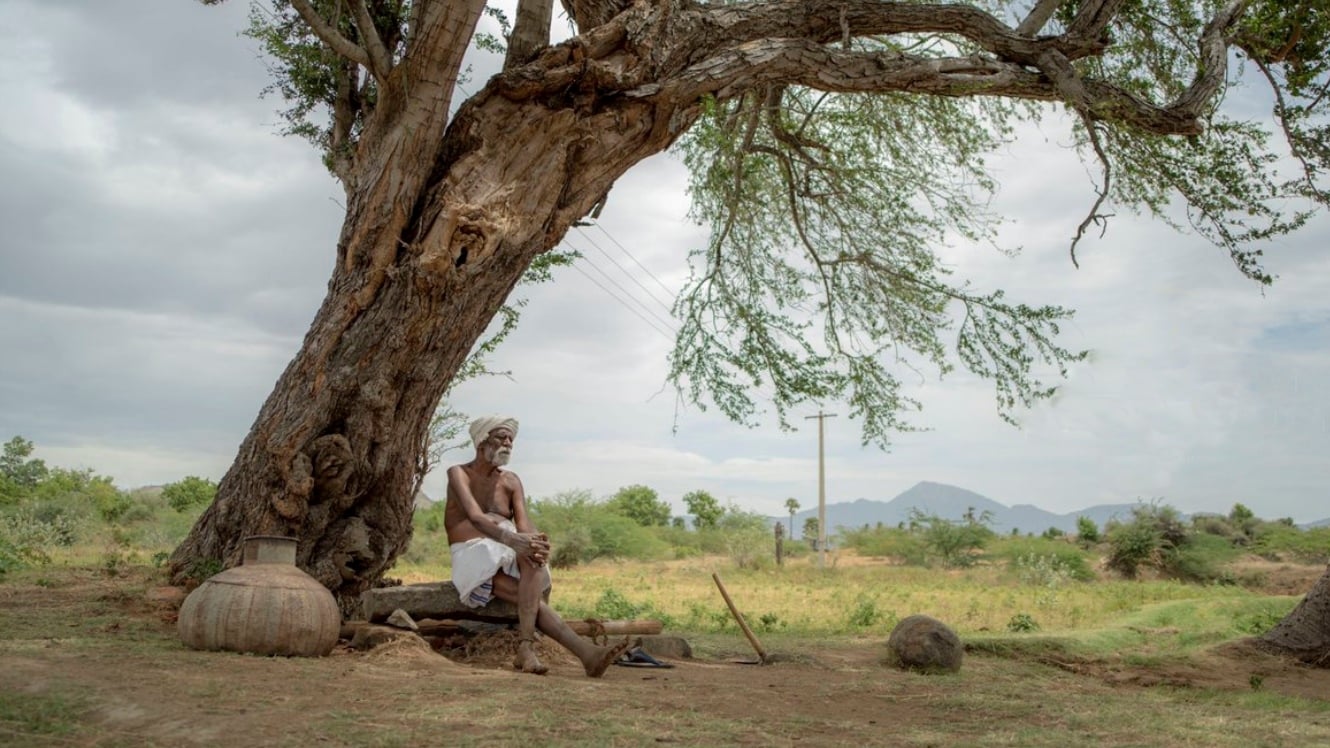
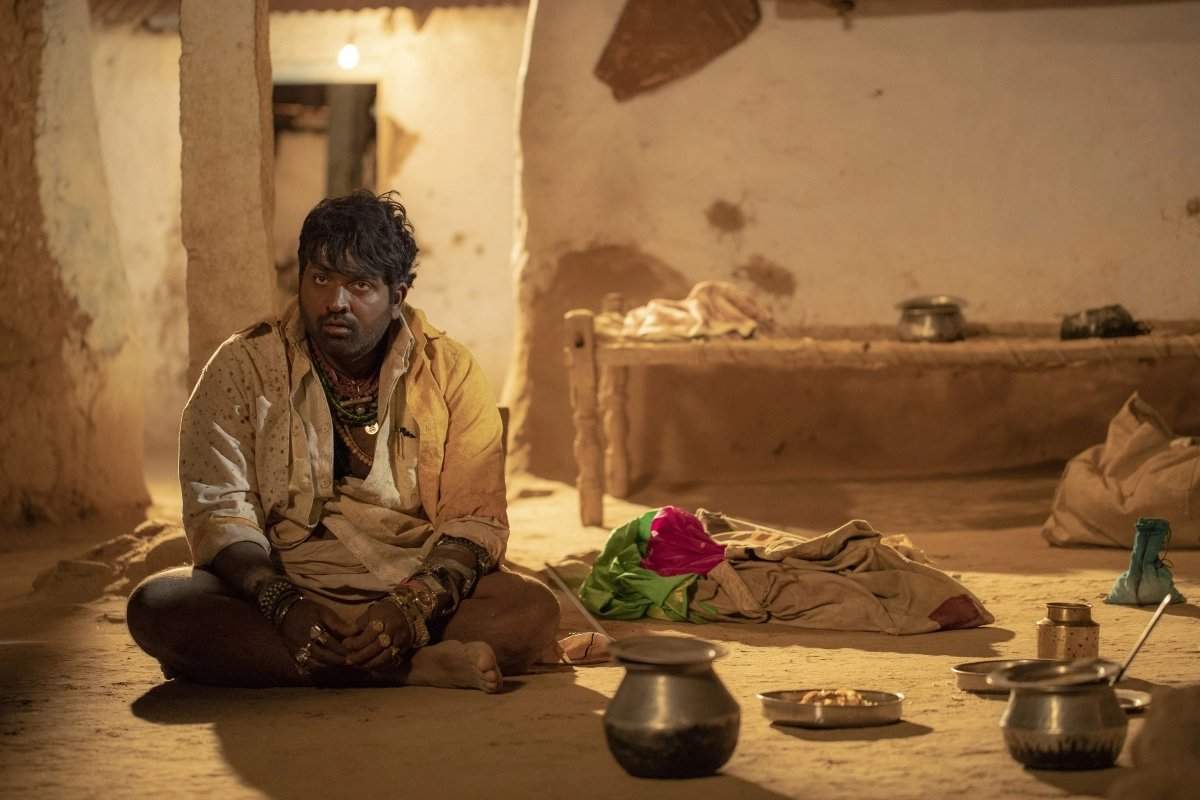


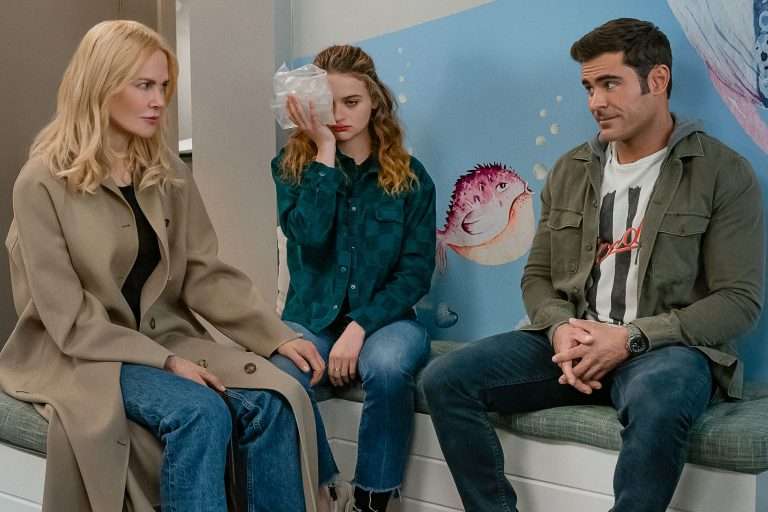
![Malmkrog [2020]: ‘MUBI’ Review – The Talking Cure for Elites](https://79468c92.delivery.rocketcdn.me/wp-content/uploads/2021/04/Malmkrog-1-highonfilms-768x433.jpg)
![Welcome, Or No Trespassing [1964] Review – A Marvelous Soviet Camp Comedy](https://79468c92.delivery.rocketcdn.me/wp-content/uploads/2021/03/Welcome-Or-No-Trespassing-1964-768x432.jpg)
